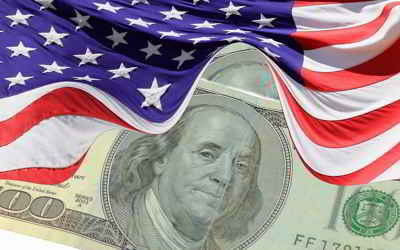Massachusetts Economy
Agriculture and Industry in Massachusetts
Massachusetts economy is a set of human and social activities and institutions related to the production, distribution, exchange and consumption of agriculture and industry goods and services. The balance between Massachusetts various economic sectors differs largely between various regions and other states in the US.Massachusetts Agriculture and Industry
Massachusetts's real gross state product in 2012 was estimated to be $353,717 which was $166,277 and 89% higher than the national state average, $187,440. Massachusetts has the 12th highest GSP out of the 50 states.
Since colonial times, Massachusetts has been an important industrial state and a pioneer in developing new technologies. Today the state leads in the production of electronic and technical equipment, plastics, paper products, and metal and rubber products.
Its busy port cities are thriving shipping centers. Printing and publishing are also important to the economy. The state's jewelry manufacturing industry has been in existence since before the American Revolution.
Massachusetts farms produce cranberries, apples, dairy products, and nursery items.
Massachusetts Agriculture:
Seafood, nursery stock, dairy products, cranberries, vegetables.
Massachusetts Industry:
Machinery, electric equipment, scientific instruments, printing and publishing, tourism.
The Bureau of Economic Analysis estimates that Massachusetts's total state product in 2003 was $297 billion. Per capita personal income in 2004
was $42,102, making it the 2nd highest in the country behind Connecticut.
Its agricultural outputs are seafood, nursery stock, dairy products, cranberries, and vegetables. Its industrial outputs are machinery, electric equipment,
scientific instruments, printing, and publishing. Thanks largely to the Ocean Spray cooperative, Massachusetts is the second largest cranberry producing
state in the union (after Wisconsin). Other sectors vital to the Massachusetts economy include higher education, health care, financial services and
tourism.

US economy is relies on private decision-making ("economic freedom")




